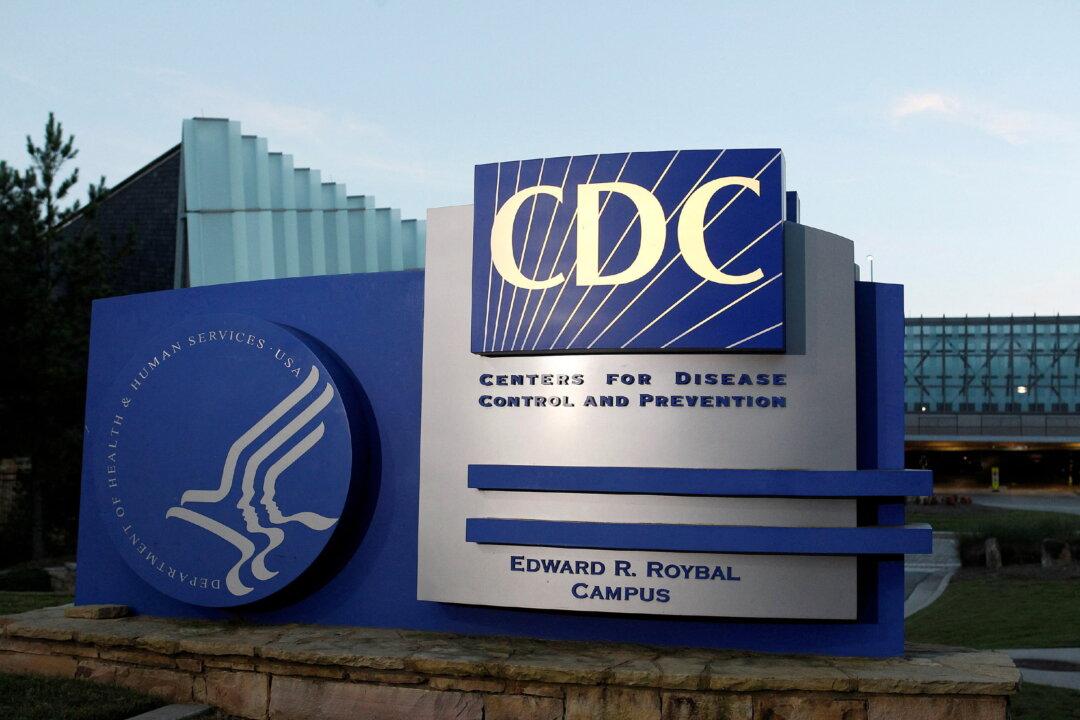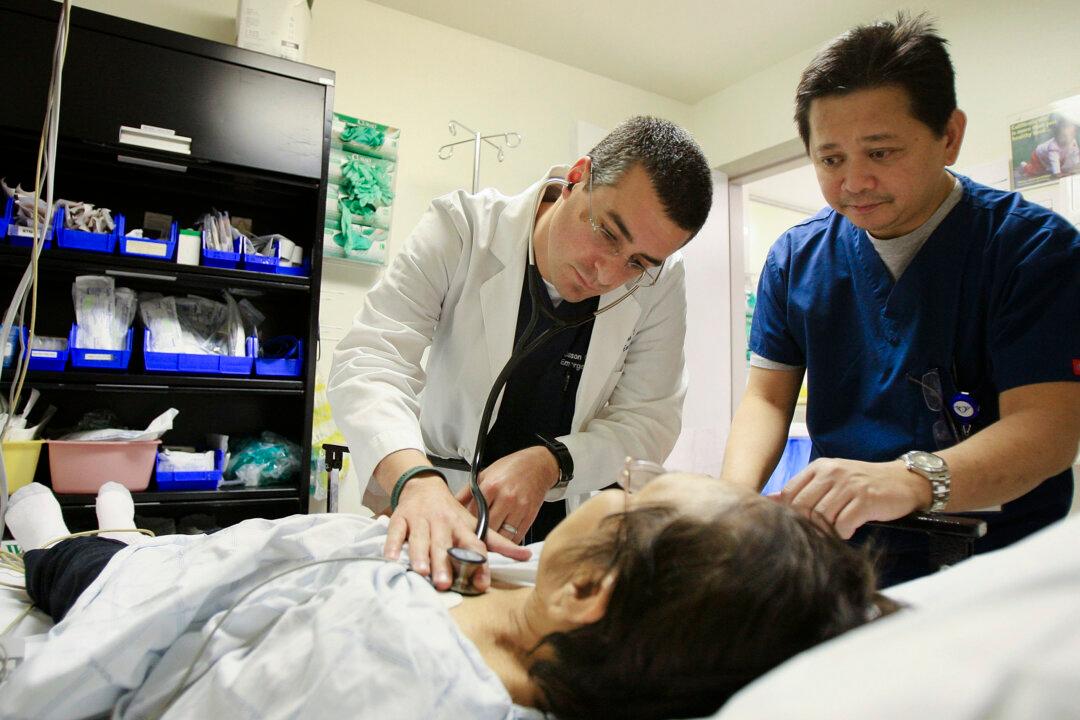A top epidemiologist voiced his concerns about a new study published by the U.S. Centers for Disease Control and Prevention (CDC) that alleges there is an increased risk for post-COVID-19 conditions for children and teenagers who are seeking medical care.
In the CDC’s Morbidity and Mortality Weekly Report (MMWR) on Aug. 5, researchers say that children aged 17 and younger with previous bouts of COVID-19 had higher rates of uncommon conditions such as myocarditis, cardiomyopathy, renal failure, type 1 diabetes, and other conditions. The study cited specific disease codes between March 2020 and January 2022.





